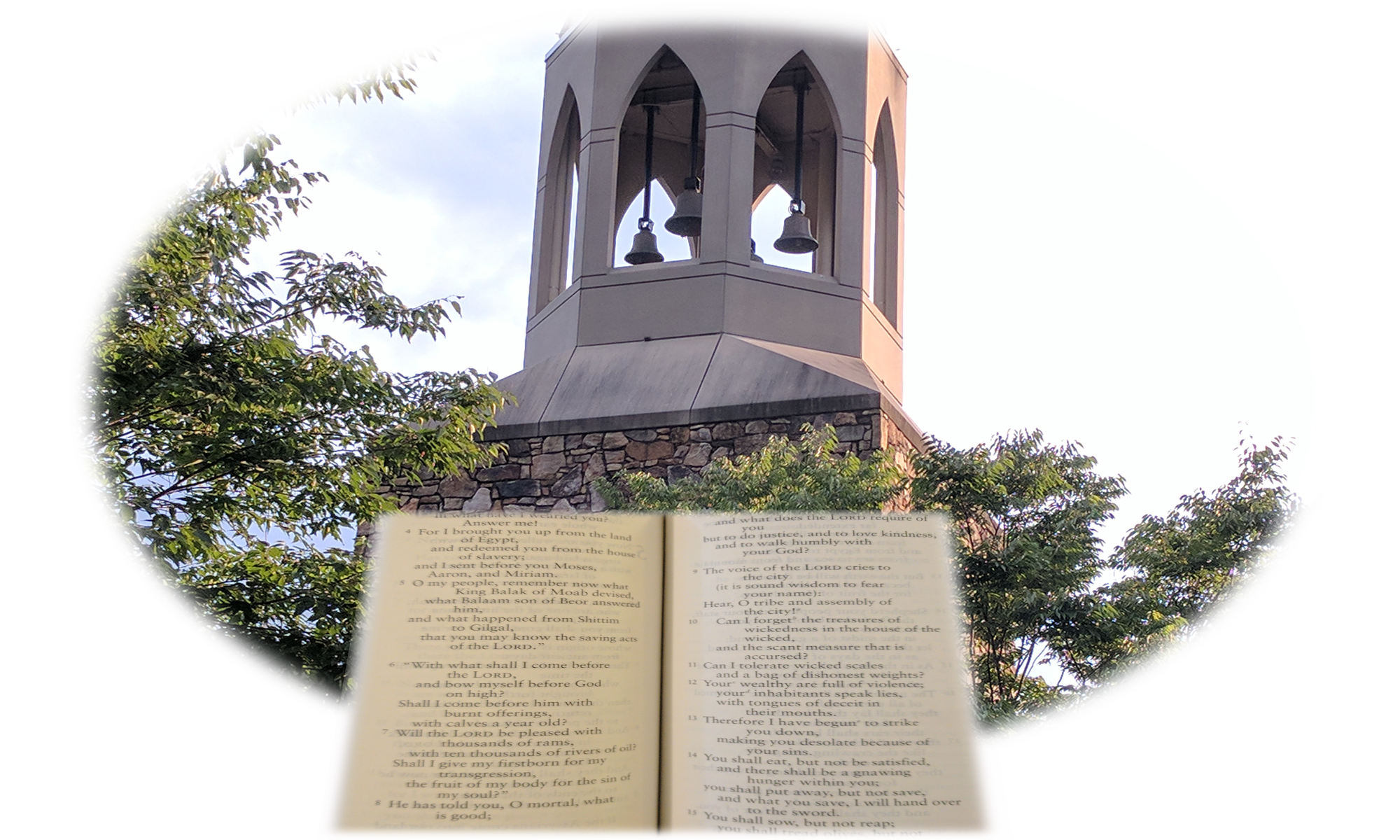On Sunday we will take a detour away from the Pre-Easter Jesus to Post-Easter attempts to define Jesus’ relationship to the Father, the Wisdom of God, and the Spirit. Here are some of the things we will discuss:
- What is meant by the theological term, “Christology”?
- Are the images of Christ found in the New Testament consistent?
- How do the images of Jesus developed by the earliest Christian communities relate to the ones that developed in later centuries? How is each related to what we find in the New Testament?
- The early Church was comfortable with identifying Jesus with feminine imagery such as “the Wisdom of God.” What happened to make later Christians so uncomfortable with such imagery?
Here are some things worth reading:
- Borg, Chapter 5: Jesus, the Wisdom of God SOPHIA BECOME FLESH
- Bible: Wisdom as ‘Sophia’ and Reason as ‘Word’
- Proverbs 3:13-18; 9:1-6
- Luke 7.33 -35 = Matthew 11.18-19.
- 1 Corinthians 1:23-24, and 30
- John 1:1-4, 10, and 14
Have a wonderful Saturday. I’ll look forward to seeing you on Sunday.
Like this:
Like Loading...



You must be logged in to post a comment.